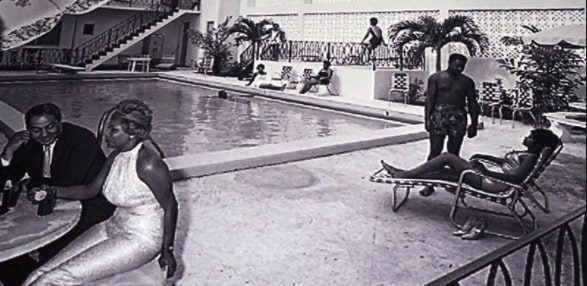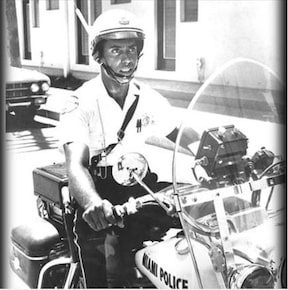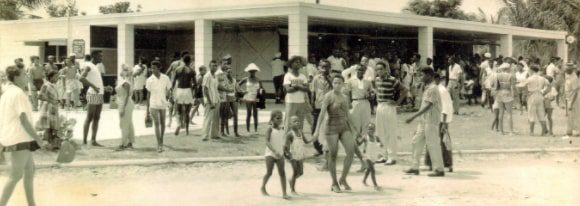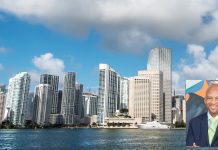|
Getting your Trinity Audio player ready...
|
Dade Heritage Trust’s African-American Heritage Education Program begins on Feb. 1 in honor of Black History Month. Dade Heritage Trust (DHT) is Miami-Dade’s leading historic preservation organization and this new education track is geared for students from fourth to 12th grade.
Three designated historic sites will be highlighted in the program, which will be offered in perpetuity as one of DHT’s educational tracks. These sites are very important in telling the history of the African-American experience in Miami which is not traditionally taught in the classroom.
“We believe it is imperative that the stories these places hold must be shared with students — and shared in a way that meets the school district’s curriculum standards — to assist in educating our community about the Black experience in Miami,” explained Christine Rupp, DHT’s executive director.
DHT expects to provide this multi-site program to 3,000 students from February 2022 into 2023. Arts activities will provide participants freedom of expression and engage students in creative and critical thinking as to the meaning of these venues and the effect of segregation on our community.
The Black Police Precinct and Courthouse Museum in Overtown
Overtown is a neighborhood just north of Downtown Miami that was specifically carved out as a Blacks only area during the early days of Miami’s development. The neighborhood is under severe insensitive redevelopment pressure but still has many architectural symbols of its history — once known as the Harlem of the South. As a side note, Dade Heritage Trust is working to establish a federal historic district in Overtown.
Miami is the only city in the United States that had a segregated police force, jail and courthouse — all in one facility. Now home to the Black Police Precinct and Courthouse Museum, the building has been restored and is fully curated with exhibits detailing its history, the police force, jail and courthouse it housed.
The Hampton House in Brownsville
Brownsville is another traditionally African-American neighborhood northwest of Downtown Miami. Outside of the city limits, it is in unincorporated Miami-Dade County but is highly urbanized. Brownsville represents a middle class African American neighborhood and was home to Florida’s first Black female Congressional representative, Gwen Cherry.
The Hampton House was an official Green Book hotel and has been restored and serves as a museum, gallery and community center. The hotel had a special room for Dr. Martin Luther King Jr., who was a frequent guest.
Virginia Key Beach
Virginia Key is an island just off the mainland near downtown and accessible by the Rickenbacker Causeway. This venue has a unique native environmental habitat — a tropical beachfront hammock — that will be part of the educational component.
This venue is currently part of Dade Heritage Trust’s Miami Urban Tree Trekkers program which focuses on the importance of preserving native forest habitats, but for the purposes of this program, the focus will be expanded to include the cultural heritage of the venue.
Virginia Key was the only City of Miami beach where African Americans could swim and enjoy the waterfront. It has an amazing story to tell both culturally and environmentally.
The program is funded by the Kislak Foundation, Peacock Foundation, Admire Family Foundation, Batchelor Foundation, Society of Architectural Historians, Miami DDA, and Dan and Trish Bell.
Dade Heritage Trust has presented K-12 educational programming since 2017. Due to the quality of its programs, they have been designated a STEAM (science, technology, engineering, arts and math) partner by Miami-Dade County Public Schools. The current offerings include Historic Places, Green Spaces and Miami Urban Tree Trekkers.








